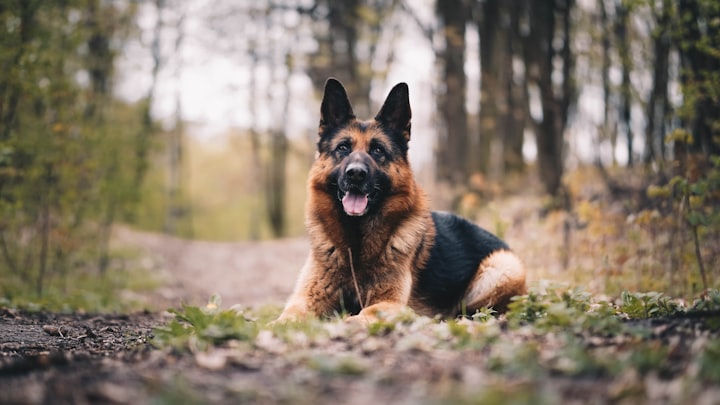
The Bulldog was originally used to drive cattle to market and to compete in a bloody sport called bullbaiting. Today, they’re gentle companions who love kids. Even though these are purebred dogs, you may find them in the care of shelters or rescue groups. Remember to adopt! Don’t shop if you want to bring a dog home.
Temperament
A bulldog's temperament is far more friendly and goofy than he may look. Although they're intimidating physically, bulldogs are actually extremely family and kid-friendly. "As far as temperament, they are delightfully sweet if socialized early, otherwise they will become territorial and unmanageable with other dogs and animals," Sarah Hodgson, author, trainer, and applied behaviorist with the International Association of Animal Behavior Consultants, says. "While generally compliant with people they can also become defensive with strangers if not positively socialized to the general comings and goings of everyday life."
Bulldog puppies must get plenty of exposure to kids, people, and animals to get that characteristic laid-back attitude. The more positive interactions they have with new situations, the better off they'll be. The bulldog is rarely aggressive. In fact, he's almost dopey. He doesn't always understand what you're saying, but he's kind and earnest in his ways.
Children And Other Pets
His amiable temperament and bulk make the Bulldog an excellent companion for children, even young ones. A Bulldog will put up with a lot from a child, although he shouldn't have to, and he'll walk away if he gets tired of being tormented.
Always teach children how to approach and touch dogs, and always supervise any interactions between dogs and young children to prevent any biting or ear or tail pulling on the part of either party. Teach your child never to approach any dog while he's sleeping or eating or to try to take the dog's food away. No dog should ever be left unsupervised with a child.
With their pacific nature, Bulldogs also get along well with other pets, dogs, and cats. They may be less sociable toward strange dogs, however.
Care and upkeep
Bulldogs require more care than most breeds. They are prone to more health problems than most breeds due to their short muzzle and flattened facial structure. Bulldogs are prone to overheating, especially in warm environments and under circumstances where they can overexert themselves. The Bulldog’s shortened muzzle makes the breed especially prone to brachycephalic syndrome—a condition in which the nostril openings (nares) are too small, the soft palate is elongated, and tissue in the airway may partially obstruct airflow. When the dog pants, these tissues can swell, further obstructing airflow and reducing the dog’s ability to cool itself. To prevent overheating, Bulldog owners should provide air conditioning in the home and car and travel with fans and ice packs in summer in case of a vehicle breakdown.
Extra care must also be taken when placing Bulldogs under anesthesia. Unlike other breeds, Bulldogs are unable to maintain passive respiration, so other measures must be used, such as stimulating the Bulldog’s upper airway muscles, to maintain the animal’s breathing rate. Bulldogs should be monitored near open water, since most Bulldogs cannot swim, and they can drown easily.
Size
Mature male Bulldogs weigh about 50 pounds; mature females about 40 pounds. Show dogs may be about 10 pounds heavier. They stand 12 to 15 inches at the shoulder.
Types of bulldogs
English Bulldog
Olde English Bulldogge
French Bulldog
American Bulldog
Alano Español
Victorian Bulldog
Catahoula Bulldog
Alapaha Blue Blood Bulldog
Ca de Bou
Red-Tiger Bulldog
Mammut Bulldog
Bullmastiff
Australian Bulldog
thanks for reading...
About the Creator
pets world
pets can make a day better...
forgot everything when playing with pets...
pets can make you feel better...






Comments
There are no comments for this story
Be the first to respond and start the conversation.